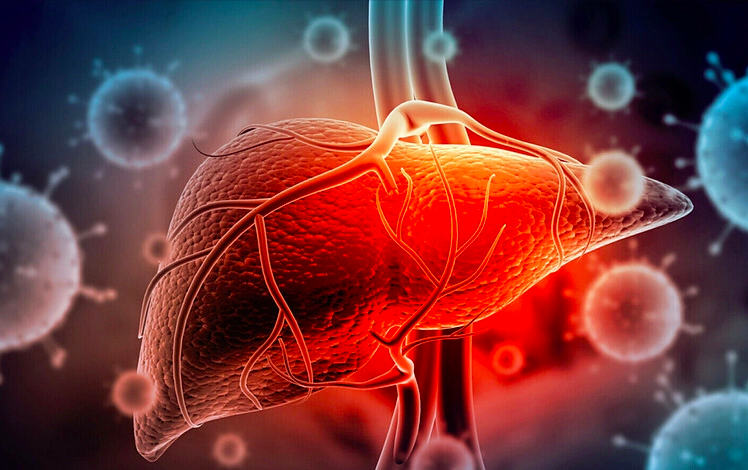Liver cancer remains a leading cancer in Vietnam, with over 24,000 new cases annually, according to Dr. Nguyen Thanh Hung, deputy director of the Center for Nuclear Medicine and Oncology at Bach Mai Hospital. The primary risk factors in Vietnam are hepatitis B virus and alcohol consumption.
Liver cancer is often diagnosed late due to a lack of clear symptoms in the early stages. As the disease progresses, patients may experience weight loss, abdominal pain, jaundice, and palpable tumors, making treatment difficult. The main goal of treatment for this group of patients is to improve quality of life and preserve liver function.
Immunotherapy is a promising new trend in treating advanced liver cancer, according to Dr. Hung. The dual immunotherapy regimen of durvalumab and tremelimumab (also known as the STRIDE regimen) has shown positive results. These two drugs operate through different but complementary mechanisms.
Durvalumab is a monoclonal antibody that binds to the PD-L1 protein on the surface of cancer cells. This prevents cancer cells from binding to the PD-1 receptor on T cells, thereby releasing and reactivating T cells to attack and destroy the tumor.
Tremelimumab binds to the CTLA-4 protein on the surface of T cells. This allows tremelimumab to compete with the B7 protein of antigen-presenting cells (APCs), preventing CTLA-4 from binding to B7 and reactivating T cells.
"The combination of these two drugs creates a dual immunotherapy effect, enhancing T cell activation and function at various stages of the immune response, maximizing anti-tumor immunity," Dr. Hung explained.
Evidence from the phase 3 HIMALAYA clinical trial shows the STRIDE regimen is significantly superior to sorafenib (an older targeted therapy) in overall survival. The latest data presented at the 2024 European Society for Medical Oncology conference indicates the 5-year survival rate for patients using the STRIDE regimen reached nearly 20%, double that of the sorafenib group. Additionally, the dual immunotherapy regimen also demonstrates a low incidence of serious side effects, allowing patients to maintain long-term treatment.
 |
Liver cancer often has unclear symptoms in the early stages. Image: Drug Target |
The phase 3 HIMALAYA clinical trial was a global, randomized, multi-center clinical trial evaluating the efficacy and safety of the durvalumab and tremelimumab dual immunotherapy regimen in treating unresectable hepatocellular carcinoma (primary liver cancer). This research was conducted on a large number of patients worldwide.
To reduce the burden of liver cancer, experts recommend focusing on prevention and early detection. Hepatitis B and C vaccination, limiting alcohol consumption, maintaining a healthy lifestyle, and regular screenings are essential measures to reduce the incidence and mortality rates from this disease.
Le Nga












